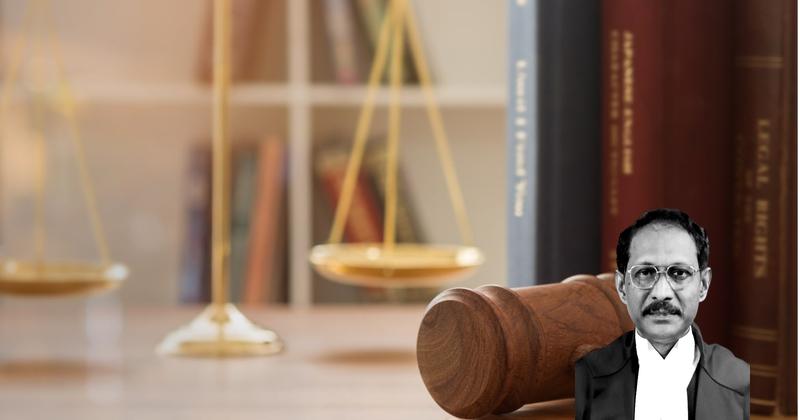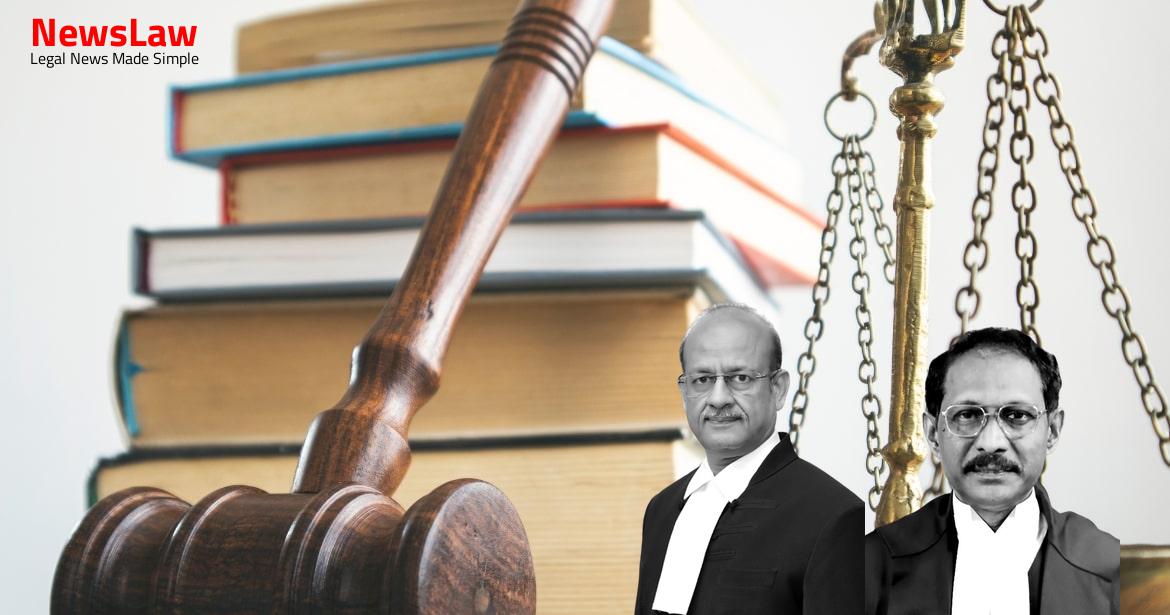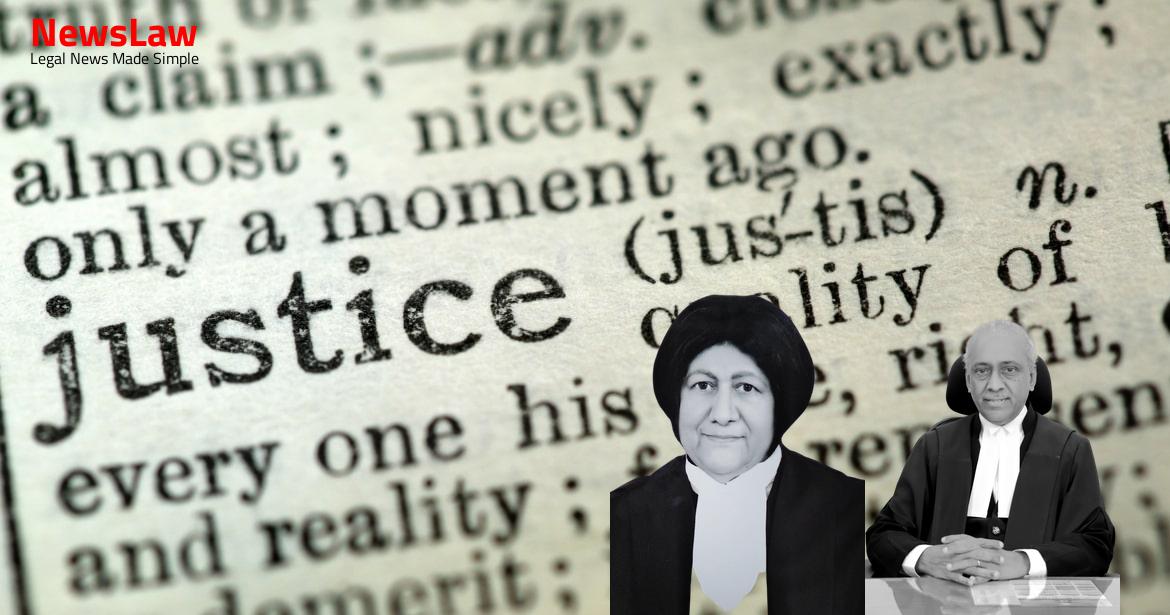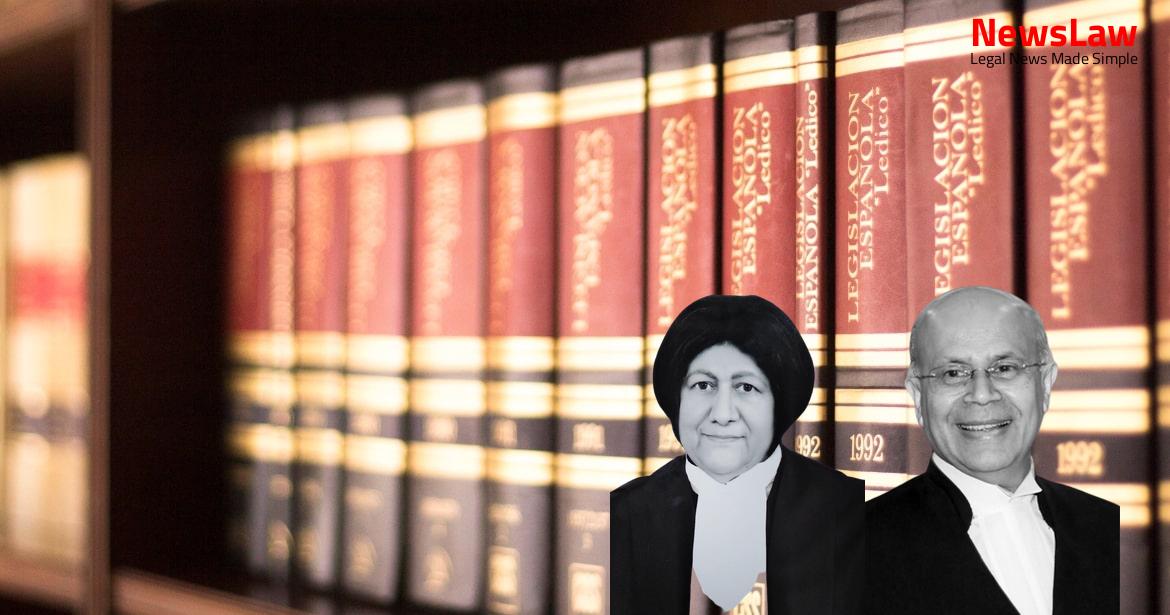That the Tripura Sales Tax Act, 1976 was enacted in the year 1976 containing provisions for the levy of tax on sale on certain goods in Tripura.
Also Read: https://newslaw.in/case-type/civil/c-a-no-003481-003481-2022-2/
The original writ petitioners – suppliers of the vehicles filed the writ petitions before the learned Single Judge challenging the vires of Rule 3A(2) of the TST Rules and also for refund of the amount so deducted on the ground that there is no charging provision under the TST Act for levy of sales tax on transfer of the right to use goods and, hence, Rule 3A of the TST Rules, which makes it mandatory for persons, responsible for making payment of the bills of the transferer of the right to use goods, to deduct, at source, sales tax at a flat rate of 4% is ultra vires the TST Act.
All the writ petitions were resisted by the State contending inter alia that the transactions involved amounted to ‘Sale’ within the meaning of 2(g)(ii) of the TST Act and that as per the second proviso of Section 3(i) of the TST, Tax at 4% of the valuable consideration, shall be payable on transfer of the right to use any goods for any purpose and, hence, Rule 3A(2), prescribed merely a mode of recovery of sales tax which is otherwise due and payable and thus Rule 3A(2) is valid. By the impugned common judgment and order the Division Bench of the High Court has dismissed the appeals of the State and has allowed the appeals of the original writ petitioners – suppliers and has held that Rule 3A(2) is ultra vires TST Rules and TST Act.
The Division Bench of the High Court has also set aside that part of the judgment of the learned Single Judge where it was held that the supplier – original writ petitioners are liable under Section 3AA of the TST Act. It is submitted that as such Rule 3A, which provides for the tax deduction at source, is a machinery provision with respect to tax leviable under the TST Act. It is submitted that the supplier being the person making the delivery or transfer within the meaning of Section 2(g) (ii) falls within the definition of the term ‘Dealer’ as provided under Section 2(b) of the TST Act.
It is submitted that therefore Rule 3A(2) which provides for tax deduction at source at the hands of the transferee of the right to use goods is a machinery provision which can be provided in the Rules.
Diwan, learned ASG has further submitted that in the present case the TST Act and the Rules clearly fulfil all the requirements for a valid taxing statute and provide for all components required for a taxing statute. 12 It is further submitted that there is no change in chargeability of the Tax by introduction of Rule 3A(2) nor is a new levy created and Rule 3A(2) only provides for the mechanism of tax deduction at source and therefore, Rule 3A(2) cannot be said to be ultra vires to TST Act and TST Rules as observed and held by the High Court. It is submitted that as such the learned Single Judge allowed the writ petitions and held sub-rule 2 of Section 3A providing for sales tax deduction @ 4% at source to be ultra vires to TST Act and set aside the memorandum issued by the State Government providing for deduction of sales tax while making payment of bill amounts of the suppliers of the vehicles by the companies. It is submitted that the Division Bench of the High Court has rightly confirmed the judgment and order passed by the learned Single Judge declaring Rule 3A(2) of the TST Rules ultra vires, and has also rightly set aside the observations and the findings recorded by the learned Single Judge that still the sales tax liability of the parties who had given vehicles on hire will continue because of Section 3AA of the TST Act.
Also Read: https://newslaw.in/case-type/civil/acquisition-of-land-and-deemed-lapse-under-the-act-2013/
It is further submitted that the respondents herein – suppliers who had given vehicles for use were not the dealers and were not registered under the Sales Tax Act and had not sold any goods in course of their work and transfer of the right to use any goods for any purpose having been done without being a dealer registered under the TST Act and the transfer of goods being not that of any taxable goods the deduction of sales tax amount at 4% would not be made under the TST Act or under the Rules and thus the deducted amount have rightly been refunded by the State Government/Companies to most of the vehicle suppliers during the pendency of present cases here. It is submitted that as rightly observed and held by the High Court what cannot be done under the provisions of the Act for want of charging section in the Act cannot be done indirectly by taking help of Rules as the Rules cannot supersede the provisions of the Act. At the outset, it is required to be noted that while granting the leave to appeal this Court has framed the following question of law which reads as under: “Whether Sub-rule (2) of the Rule 3A of the TST Rules can be declared ultra vires being contrary to the provisions of the ‘TST Act’, though there is express proviso in Section 3(1) for levy of 4% Sales Tax on any transfer of the right to use any goods for any purpose?” The learned Single Judge while allowing the writ petitions preferred by the suppliers/dealers held and declared Rule 3A(2) of the TST Rules ultra vires to TST Act and quashed and set aside the memorandum issued by the Government providing for requirement of deduction of sales tax at 4% while making payment to any person who has done transfer of any right to use any goods. By the impugned judgment and order the Division Bench of the High Court has not only upheld the judgment and order passed by the learned Single Judge declaring Rule 3A(2) of the TST Rules ultra vires but has also set aside the findings recorded by the learned Single Judge that the sales tax liability of parties who had given vehicles on hire will continue because of Section 3AA of the TST Act. (1) Every dealer in taxable goods shall pay a tax on his turnover at the rate specified in column (3) of the schedule attached to this Act : Provided that subject to the provisions of section 14 and 15 of the Central Sales Tax Act, 1956 the State Government may, from time to time by notification in the Official Gazette and subject to such conditions as it may impose, fix a higher rate of tax 3
Provided further that the rate of tax on any transfer of the right to use any goods for any purpose (whether or not for a specified period) shall be 4%]” “Section 3AA.
(3) Every rule made by the State Government under this Act shall be laid as soon as may be after it is made, before Legislative Assembly while it is in session for a total period of not less than fourteen days which may be comprised in one session or in two or more successive sessions and if, before expiry of the sessions, in which it is so laid or the successive aforesaid the Legislative Assembly agree in making any modification in the rule or the Legislative Assembly agree that the rule should not be made, the rule shall thereafter have effect only in such modified from or be of no effect as the case may be, so, however, that any such modification or annulment shall be without prejudice to the validity of anything previously done under that rule.”
xxx xxx xxx “Rule 3A (1) – Every person responsible for making payment of any person (hereinafter in this rule referred to as the contractor) for discharge of any liability on account of valuable consideration payable for the transfer of property in goods (whether in goods or in any other form) in pursuance of the works contract shall at the time of making such payment to the contractor either in cash or in any manner, deduct 1.5% of the gross amount of the bill towards tax payable in case of r.c.c bridge and 4% of the gross amount of the bill towards tax payable in respect of other works under section 3A of the Act on account of such works contract: Provided that no such deduction shall be made from the bill(s) or invoice (s) of the contractor for execution of works contract on account of the contracts for which work order was issued prior to first January, 1989: Provided also that any person responsible to make deduction of any amount equal to the amount of tax as mentioned in this rule may refer the matter to the Superintendent of Taxes, having jurisdiction over the area, for provisional computation of the net turnover and the amount of tax payable thereof by such contractor for the valuable consideration of the goods involved (2) Every person responsible for making payment to any person for discharge of any liability on account of valuable consideration payable for any transfer of the right to use any goods for any purpose (whether or not for a specified period) for cash or in any manner, shall at the time of making such payment, deduct an amount equal to four percentum of such towards part or as the case may be, full satisfaction of the tax payable under the Act, on account of such transfer of right: Provided no such deduction shall be made from the bill(s) or invoice(s) of the transferrer – (a) on account of such transfer where the transfer of right to use goods was agreed to before first day of January, 1989; (b) The amounts received as penalty for defaults in payment or as damages for any loss or damage caused to the goods by the person to whom such transfer was made; and (c)
Also Read: https://newslaw.in/case-type/civil/taxation-of-engineering-design-drawings-goods-or-services/
The amount representing the valuable consideration received for such transfer in respect of goods exempt from tax under Subsection (2) and (3) of Section 3 of the Act.” 3 Section 3 of the TST Act can be said to be the charging Section and the liability to pay the tax shall be as per Section 3 of the TST Act.
Therefore, on combine reading of Section 3 read with Section 2(b) & 2(g) of the TST Act any transfer of the right to use any goods (including the vehicles) shall be deemed to a ‘sale’ and the transferor of the right to use any goods/vehicles can be said to be a dealer and therefore liable to pay the tax at the rate of 4% on any transfer of the right to use any goods as per proviso to Section 3(1). As observed hereinabove the liability to pay the tax shall be on the transferer who transfers the right to use any goods as per proviso to Section 3(1) read with Section 2(b) and 2(g) of the TST Act. 1 As observed hereinabove the rules are framed in exercise of Rule-making power under Section 44 of the Act and in that view of the matter and as the liability to pay the tax on transfer of right to use the goods shall still be continued under proviso to Section 3(1), mere providing for mode of recovery and/or providing for machinery/mechanism to recover the tax to be paid by the transferer/supplier from the person buying the goods deducting the tax at source and depositing the same with the Revenue cannot be said to be ultra vires to TST Act and the Rules as observed and held by the High Court. The impugned common judgment and order passed by the Division Bench of the High Court and that of the common judgment and order passed by the learned Single Judge declaring Rule 3A(2) of the Tripura Sales Tax Rules, 1976 as ultra vires to the Tripura Sales Tax Act, 1976 and quashing and setting aside the memorandum of 1992 issued by the State Government requiring the hirers to deduct an amount of tax at 4% out of the respective bills of the suppliers of the vehicles are hereby quashed and set aside. SHAH)…………………………………J.
Case Title: THE STATE OF TRIPURA REPRESENTED BY THE SECRETARY Vs. CHANDAN DEB (2023 INSC 284)
Case Number: C.A. No.-006500-006500 / 2008



